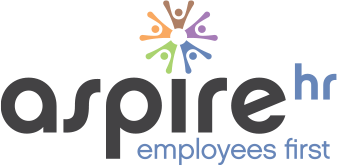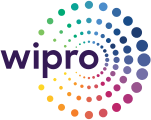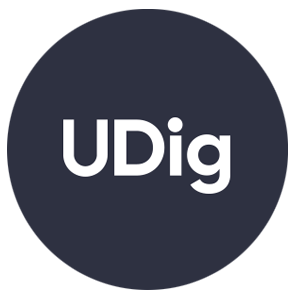If you’re looking to partner with a team of PSA and Salesforce experts that puts your business’s operational needs first, look no further. Solvit designs and delivers implementation, integration, and custom solutions that will free you from frustrating work-arounds — so you can get back to working on your business.
22
YearsCRM and PSA experience
100
+Kantata SX clients served
7
YearsPremier Kantata SX Partner
140.6
+Miles of Whiteboard
Kantata Partner Services
Consulting
Get the most out of your CRM and PSA tools with consulting that combines business acumen with technical expertise.
Automation
Increase efficiency by automating routine tasks within Salesforce and/or Kantata.
Integration
Eliminate data silos and Maximize user adoption with both out-of-the-box and custom integrations between Kantata, Salesforce, and other business-critical applications.
Kantata / Salesforce Org Consolidation
Modernize your PSA by combining previously disparate Kantata platforms into one cloud-based solution.
Complete Your Solution with Salesforce Expertise
Our leadership team has been working with Salesforce since 2001, so you can be sure you’re getting the most actionable intelligence out of your Kantata SX implementation.
Sales
- Sales Lifecycle & Methodologies
- Integration to Salesforce CPQ or Opportunities and Line Items
- Pipeline and Channel Management
Service & Support
- Business Process Design
- Service Cloud (Case) Integrations
- Customer Communities
- Reporting and Business Intelligence Platform Integrations
Skip to content



